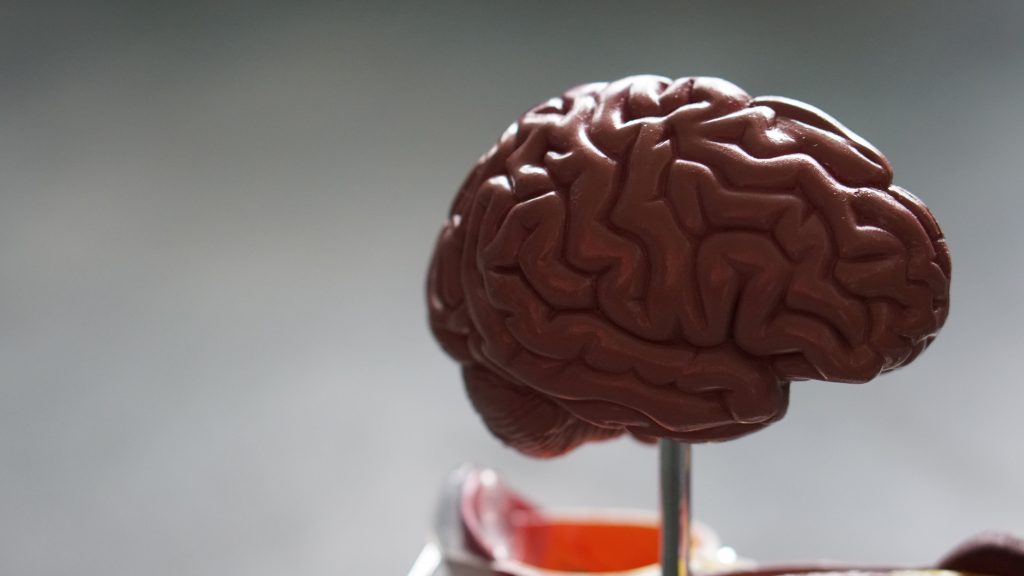With the rising rates of Alzheimer’s and Dementia in our world today, there is obviously much concern when one starts to become forgetful or confused more often. While these are defining characteristics of Alzheimer’s and Dementia, there are other causes for memory impairment and cognitive functioning that are important to take into account, many of which are treatable.
Depression
One of the more common causes for cognitive decline is depression. People with depression often suffer from difficulty remembering and focusing. They also can struggle with sleep, just as those with Alzheimer’s and Dementia do in their daily lives. A simple exam with a doctor and a discussion of symptoms can help diagnose this correctly, and for many, the right combination of medications and therapy can help.
Thyroid Diseases
Thyroid diseases can also cause cognitive decline. A person with hypothyroidism has parts of their body work slower than normal due to a lack of thyroid hormone in the system. This, in turn, can affect the person’s ability to think clearly and remember recent events with the clarity they are used to enjoying. For hyperthyroidism, too much of the thyroid hormone can cause anxiety and depression like symptoms including a lack of sleep and losing touch with reality. Both of these maladies can be controlled easily with medications and many people can see their symptoms alleviated shortly after going on medication.

Diabetes
We’ve discussed before the connection between diabetes and dementia. When someone with diabetes is hypoglycemic (blood sugar levels are too low), it can cause symptoms such as confusion and difficulty processing information as well as poor coordination. In may cases, eating a small amount of food can help and will often make symptoms subside quickly.
Lyme Disease
If you are a big fan of hiking, you’ve probably know about the dangers of ticks and the spread of Lyme disease. But did you know that Lyme disease, if left untreated, can affect your short-term memory? For many, this manifests in an inability to process the world as quickly as they are used to with simple tasks taking even more effort. Lyme disease can be treated with antibiotics, but it was left untreated, some of the symptoms may be permanent. As with Alzheimer’s and Dementia, the earlier you are treated, the better the outcomes.
B12 Deficiency
Someone with low B12 levels can can cause confusion similar to that of Alzheimer’s and Dementia. Often, we get this vitamin from animal products and might just require a diet change or a regular vitamin supplement. Others may have celiac disease or Crohn’s disease which can affect they your body breaks down food and therefore processes B12 vitamins. Again, all of these problems are easily controlled with the help of a doctor, whether that requires a change in lifestyle or medication.
Urinary Tract Infections
One of the scarier prospects is the effects of Urinary Tract Infections in seniors. UTIs, for most us, causes a burning sensation upon urination, back or lower abdomen pain, along with a fever and some other smaller symptoms. For seniors, there is a distinct possibility of the sudden onset of dementia-like symptoms including confusion, sleepy, difficulty focusing, and some people will even hallucinate. Many people wouldn’t imagine a UTI can cause these symptoms, especially with how common they are and how little they can affect most us in terms of our cognitive functioning. Be sure to take a loved one to the doctor and have them checked for a UTI if Alzheimer’s and Dementia symptoms seem to suddenly appear.
The theme here is, there are many reasons for cognitive decline and most of them are treatable. The first thought when a loved one, or yourself, starts to experience these symptoms is to imagine the worst. But in many cases, it can be treated and there is no reason to panic. While Alzheimer’s and Dementia has no cure, there are still plenty of options to help and Cotter House Central Ohio is here to help.
